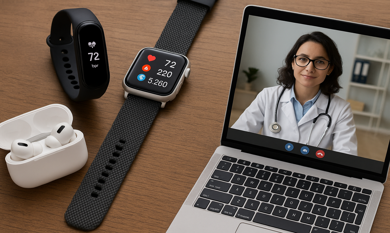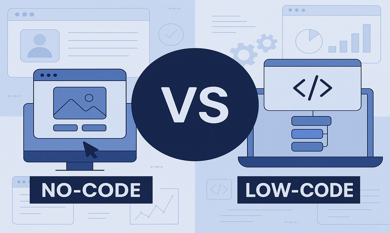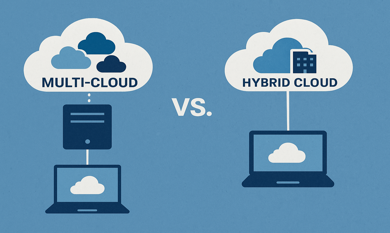Healthcare software development is evolving rapidly, driven by technological advancements and changing patient expectations. The future of healthcare is increasingly digital, with innovative software solutions transforming how care is delivered, managed, and experienced. Here are some key trends shaping the future of healthcare software development.
1. Telemedicine and Remote Monitoring
Telemedicine has seen significant growth, especially during the COVID-19 pandemic. It allows patients to consult with healthcare providers remotely, reducing the need for physical visits. Future developments in telemedicine will focus on enhancing user experience, improving video and audio quality, and integrating with electronic health records (EHRs) for seamless data sharing. Remote monitoring technologies, such as wearable devices and mobile health apps, will also become more sophisticated, enabling real-time tracking of patient health metrics and early detection of potential health issues.
2. Artificial Intelligence and Machine Learning
Artificial intelligence (AI) and machine learning (ML) are revolutionizing healthcare by providing powerful tools for diagnosis, treatment planning, and personalized medicine. AI algorithms can analyze vast amounts of medical data to identify patterns and predict outcomes, leading to more accurate diagnoses and tailored treatment plans. In the future, AI and ML will be integrated into more healthcare software applications, helping to streamline administrative tasks, optimize resource allocation, and enhance clinical decision-making.
3. Blockchain Technology
Blockchain technology promises to enhance data security and privacy in healthcare. By creating decentralized and immutable ledgers, blockchain can ensure the integrity and confidentiality of patient data. Future healthcare software will leverage blockchain to facilitate secure data sharing among providers, reduce fraud, and improve the traceability of pharmaceuticals. This technology can also support patient-centric models, where individuals have more control over their health information.
4. Interoperability and Integration
Interoperability remains a critical challenge in healthcare. The ability to seamlessly exchange and use health information across different systems and organizations is essential for providing coordinated care. Future healthcare software development will focus on creating interoperable solutions that comply with industry standards like HL7 FHIR (Fast Healthcare Interoperability Resources). Integration of various health IT systems, including EHRs, practice management software, and patient portals, will be a priority to ensure a cohesive healthcare ecosystem.
5. Personalized Medicine
Personalized medicine, or precision medicine, tailors treatment plans based on an individual’s genetic makeup, lifestyle, and environment. Advances in genomics and bioinformatics are driving this trend, and future healthcare software will increasingly incorporate these technologies. Software solutions will support the analysis of genetic data, enabling healthcare providers to develop more effective and personalized treatment strategies. This trend also includes the development of digital therapeutics, software-based interventions designed to prevent, manage, or treat medical conditions.
6. Cybersecurity
With the increasing digitization of healthcare, cybersecurity is a growing concern. Healthcare data is highly sensitive, and cyberattacks can have severe consequences. Future healthcare software development will prioritize robust security measures to protect patient data from breaches and cyber threats. This includes implementing advanced encryption techniques, multi-factor authentication, and continuous monitoring for suspicious activities. Additionally, there will be a greater emphasis on training healthcare staff to recognize and respond to security threats.
7. Internet of Medical Things (IoMT)
The Internet of Medical Things (IoMT) refers to the network of connected medical devices and applications that collect and exchange health data. This ecosystem includes wearable devices, smart implants, and home health monitoring systems. Future healthcare software will increasingly support IoMT, enabling real-time data collection and analysis. This will facilitate proactive healthcare management, allowing providers to monitor patient conditions continuously and intervene before issues escalate.
8. Data Analytics and Big Data
The healthcare industry generates vast amounts of data daily. Future software solutions will harness the power of big data and advanced analytics to derive actionable insights from this information. Predictive analytics can help identify at-risk populations, optimize treatment protocols, and improve patient outcomes. Data analytics will also play a crucial role in population health management, helping to identify trends and inform public health strategies.
9. Virtual and Augmented Reality
Virtual reality (VR) and augmented reality (AR) technologies are finding applications in healthcare for training, treatment, and patient engagement. VR can provide immersive training experiences for medical students and professionals, while AR can assist surgeons with real-time guidance during procedures. Future healthcare software will explore these technologies further, developing innovative applications to enhance medical education, improve surgical precision, and support patient rehabilitation.
10. Patient Engagement and Experience
Patient engagement is critical for effective healthcare delivery. Future healthcare software will focus on enhancing the patient experience by providing user-friendly interfaces, personalized communication, and convenient access to health information. Patient portals, mobile apps, and digital health platforms will empower patients to take an active role in their health management. Features like appointment scheduling, prescription refills, and telehealth consultations will become more streamlined and integrated, improving overall patient satisfaction.
Digital healthcare software development services Dallas will play a crucial role in these advancements, providing innovative solutions tailored to the needs of healthcare providers and patients.
In conclusion, the future of healthcare software development is promising, with numerous trends driving innovation and improvement. Telemedicine, AI, blockchain, interoperability, personalized medicine, cybersecurity, IoMT, data analytics, VR/AR, and patient engagement are key areas where significant advancements are expected. These trends will collectively transform healthcare, making it more efficient, personalized, and accessible for patients and providers alike. As these technologies advance, collaborating with a reputable software development company Dallas TX will be essential to stay ahead in this dynamic field.



_Hero_IKey%20Trends%20in%20Healthcare%20Software%20Development%20for%20the%20Future_Q2_24.jpg)


















_Choosing%20the%20Right%20App%20Development%20Company_%20A%20Comprehensive%20Guide_Q1_24.jpg)
_Chatbots%20for%20Event%20Management%20and%20Hospitality%20Services_Q1_24.jpg)
_Best%20iOS%20App%20Development%20Company_%20Enhancing%20User%20Engagement%20with%20Push%20Notifications_Q2_24.jpg)
_Key%20Trends%20in%20Healthcare%20Software%20Development%20for%20the%20Future_Q2_24.jpg)
_How%20much%20does%20it%20cost%20to%20create%20an%20android%20app%20in%202024%20for%20Startups_%20A%20detailed%20guide_Q2_24.jpg)
_Integrating%20Chatbots%20Into%20Your%20Application.jpg)


_Enhancing%20Driver%20Safety%20and%20Compliance%20with%20Web%20Apps%20in%20the%20Logistics%20Sector_Q3_24.jpg)
_Web%20Apps%20for%20Retail%20and%20eCommerce_%20Streamlining%20Operations%20and%20Reducing%20Costs_Q3_24.jpg)
_How%20AI%20is%20Enhancing%20Construction%20Site%20Surveillance%20and%20Security%20in%20Dallas_Q3_24-1.jpg)
_The%20Impact%20of%20Cross-Platform%20Apps%20on%20Real%20Estate%20Market%20Trends%20in%20Dallas_Q3_24-1.jpg)
_Streamlining%20Appointment%20Scheduling%20with%20Cloud%20Computing%20in%20Dallas%20Healthcare_Q4_25.jpg)
_How%20Cloud%20Solutions%20Are%20Enhancing%20Remote%20Patient%20Monitoring%20in%20Healthcare_Q4_25.jpg)










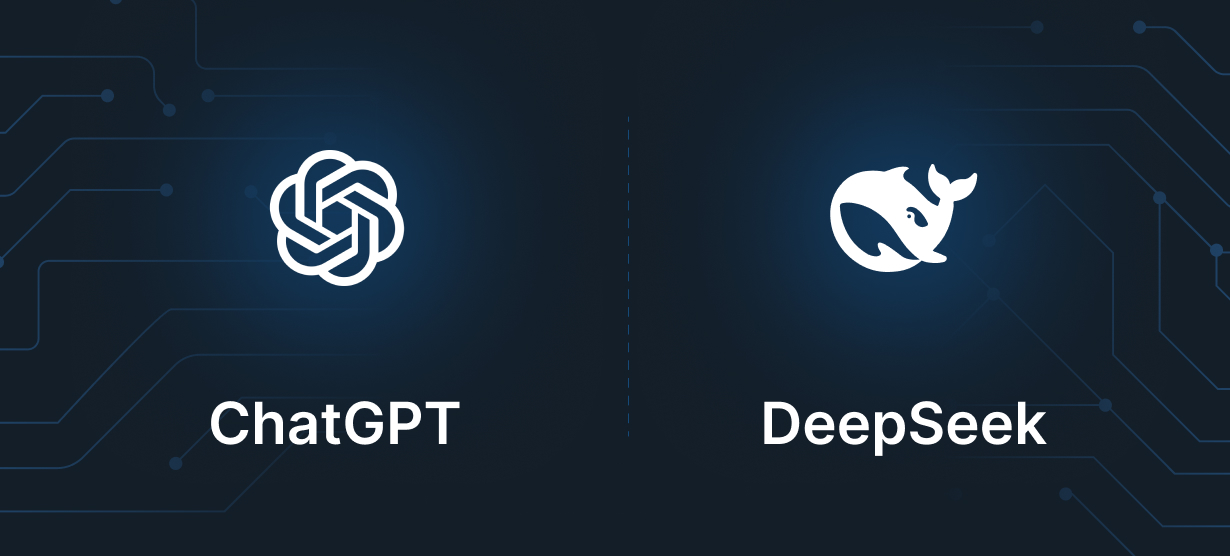




















.png)



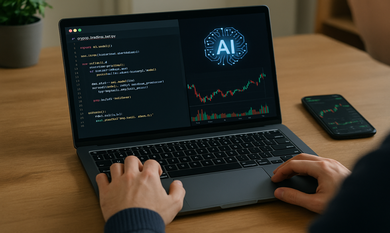
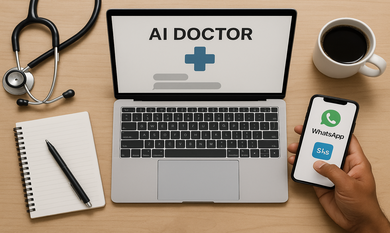

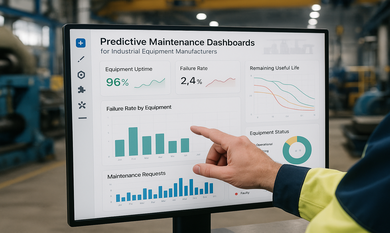
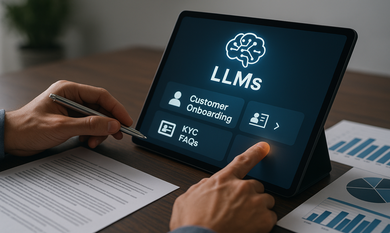

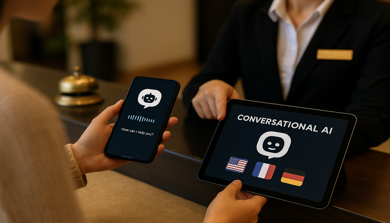


.png)

.png)
.png)
.png)
.png)


.png)
.png)
.png)
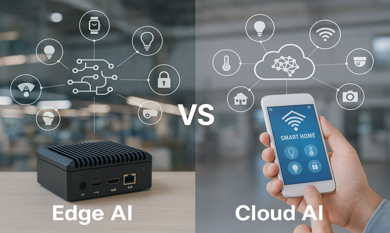
.png)






.png)
.png)

